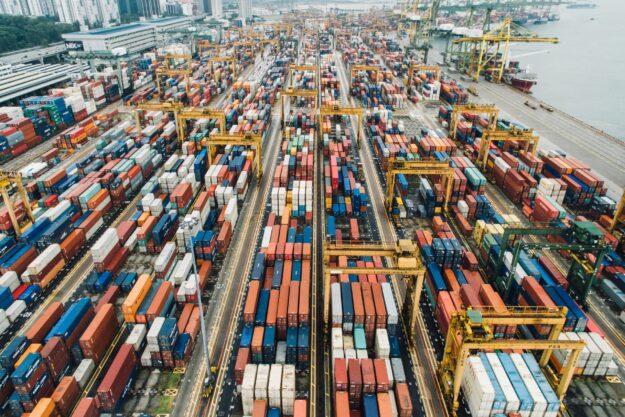Major Acquisition in Supply Chain Software Sector
In a significant move within the supply chain software sector, a prominent player has agreed to acquire another company for a staggering $839 million. The acquisition is set to bolster the buyer’s position in the market, adding innovative capabilities to its portfolio. The acquisition targets a company known for its “intelligent control tower” and real-time…
Details









